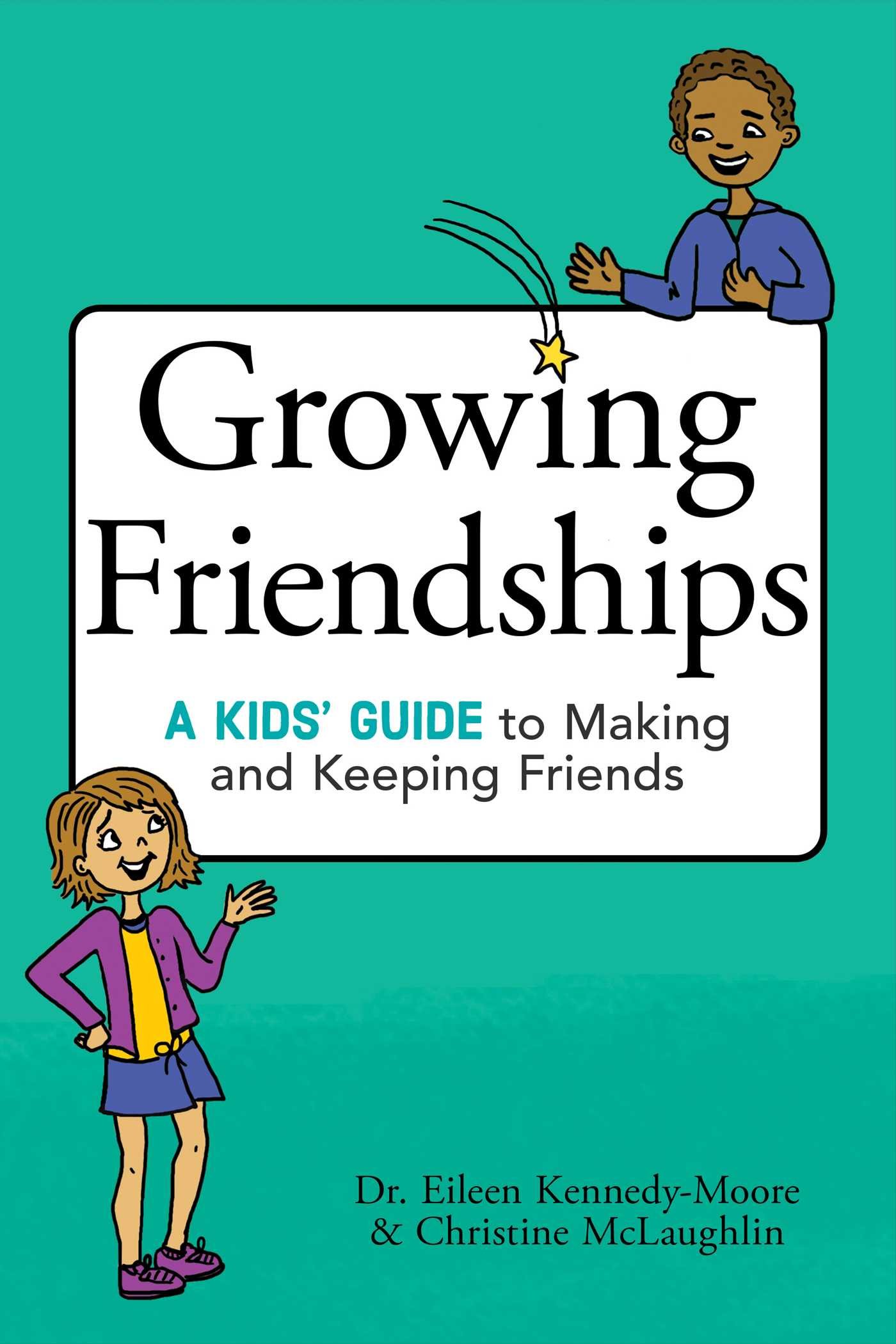6 Ways Educators Can Bolster Boys’ Social Skills
 At a time when rates of loneliness are rising among young adults and researchers report that 15- to 24-year-olds spend nearly 70% less time socializing in-person with friends than they did two decades ago, boys face some distinct challenges.
At a time when rates of loneliness are rising among young adults and researchers report that 15- to 24-year-olds spend nearly 70% less time socializing in-person with friends than they did two decades ago, boys face some distinct challenges.
Here are six ways educators can help boys acquire the skills and traits they need to strengthen their relationships and thrive at school.
1. Connect the dots between self-regulation and reputation
Boys can turn off peers by calling out in class or elbowing a classmate. To help them self-regulate, Diaz prompts boys to consider questions such as, “Can I sit next to someone whose presence calms me down?” and “Can I write down any questions I have before raising my hand?”
Ioakim Boutakidis, professor of child and adolescent studies at California State University, Fullerton, notes that the self-regulatory components of the brain aren’t integrated as quickly in boys as in girls, and “boys that have a harder time picking up on social cues are often the most aggressive because they misinterpret accidental gestures as malicious intent.”
2. Distinguish between “funny, mean and in-between” comments
Boys are more likely to make a comment like, “‘You’re such an idiot; I can’t believe I hang out with you’ – said while smiling and patting them on the back,” said Mitch Prinstein, chief science officer for the American Psychological Association. “It’s a way to express vulnerability but also be dominant.”
“Joking can be misinterpreted and lead to fights,” added Christopher Pepper, a teacher who coordinates boys’ groups in San Francisco Public Schools. He encourages boys to “lean into sincerity rather than hide behind ‘can’t you take a joke?’”
3. Provide structured social opportunities
“Adults have to take responsibility for creating structured engagement with young folks,” said Daryl Howard, director of the Building Our Network of Diversity (BOND) Project and chair of the Maryland department of education’s Advisory Council on Achieving Academic Equity and Excellence for Black Boys.
When Howard facilitates BOND boys groups, he starts each session with a community circle “so no one can sit by themselves or play on devices.” The boys introduce themselves and share a personal update, with the goal of helping them find connection points so they can interact more comfortably on their own, he explained.
4. Help boys socialize informally
Boys who feel awkward might opt out of recess, lunch and other unstructured social time. To ease their discomfort, schools can add Spikeball games or extra balls to outdoor areas, designate a board game table in the cafeteria, or hold chess club meetings during lunch.
“I tell elementary schools, ‘have a Lego cart outside,’ but some teenagers like that too,” said Katie Hurley, a child and adolescent psychotherapist and The Jed Foundation’s senior clinical adviser for external affairs.
View spaces with an eye to optimizing interaction. For instance, Hurley visited a school where students gather on couches in the hallway.
5. Recognize that some boys need more help
Some students may need more help understanding the unwritten rules of socializing, including boys with ADHD. Ryan Wexelblatt, the director of ADHD Dude, which offers in-person social skills programs for boys in Tucson, Arizona, said boys with an impulsive profile can be more emotionally reactive. “They might think they’re being bullied, but other kids find them controlling or just don’t want to do what they’re doing.”
6. Make caring for others a shared responsibility
At Sterling Hall, a boys school in Toronto, Ontario, principal Rick Parsons said that educators have a saying: “Big boys look out for themselves; bigger boys look out for others.” To that end, older students mentor younger students, and eighth-grade boys partner with younger students to paint a buddy bench on the playground. If a student has no one to play with, they sit on the buddy bench.
“Every boy is responsible for making sure no one is sitting on the buddy bench,” Parsons explained, adding that no one sits there for more than 60 seconds. As he noted, “boys want to be leaders, to be good, to look out for others and to get affirmation for that. Belonging is everything.”







